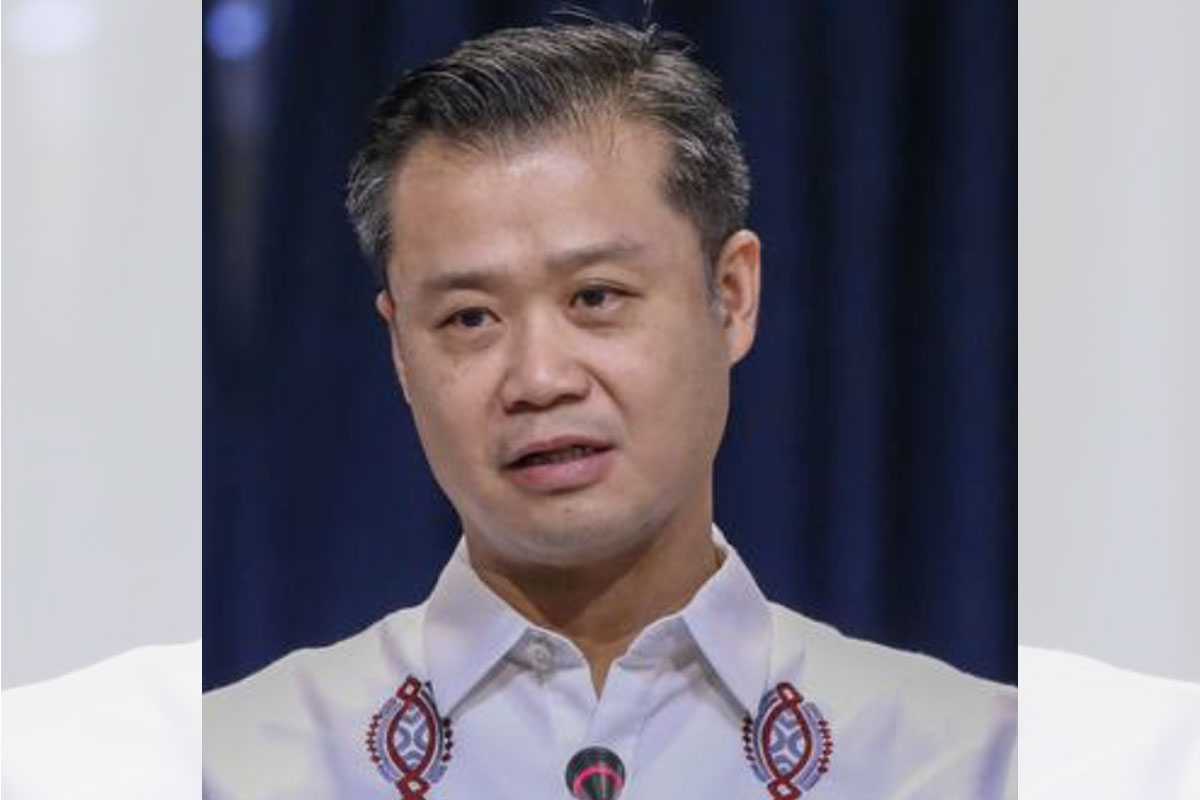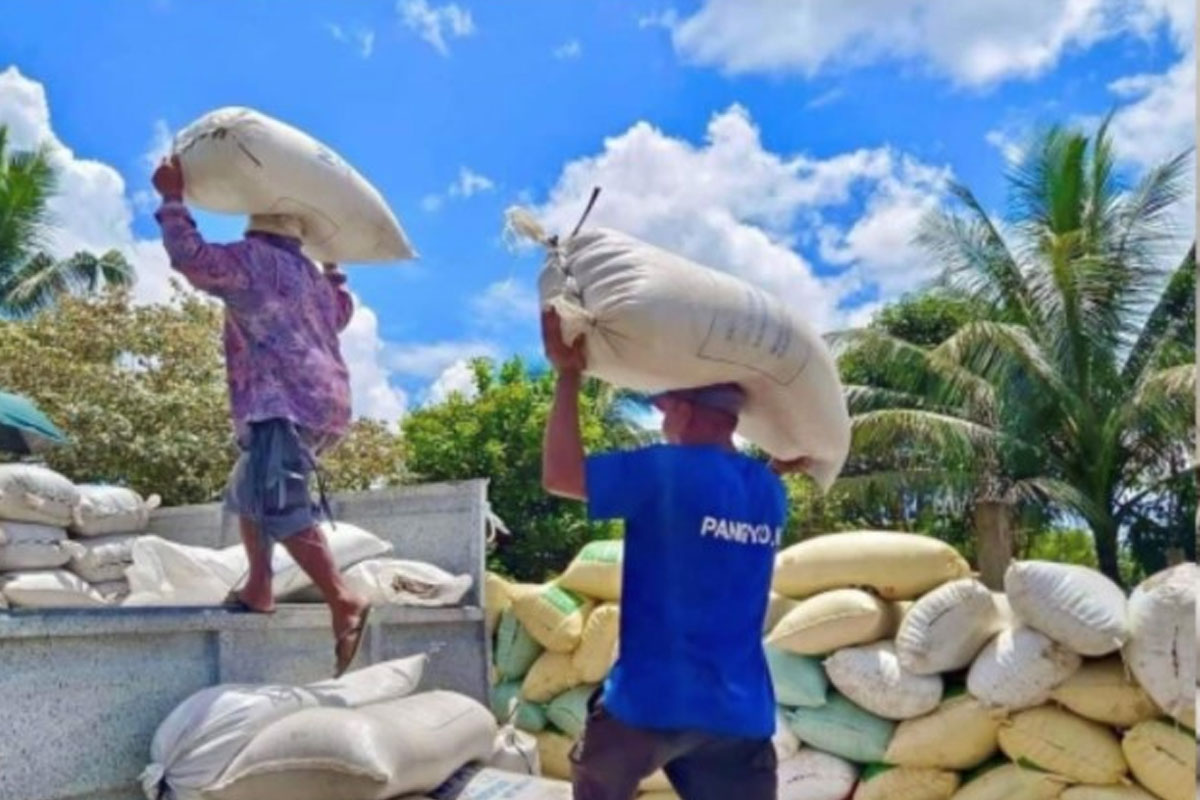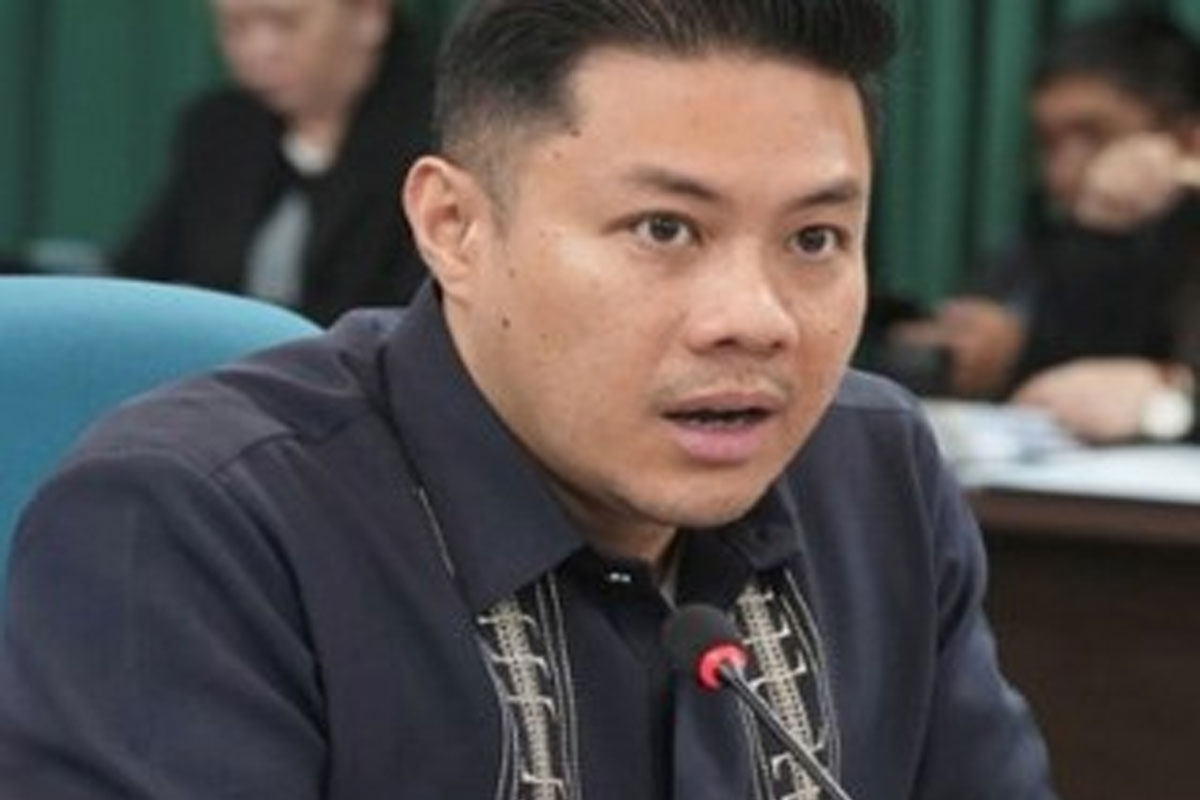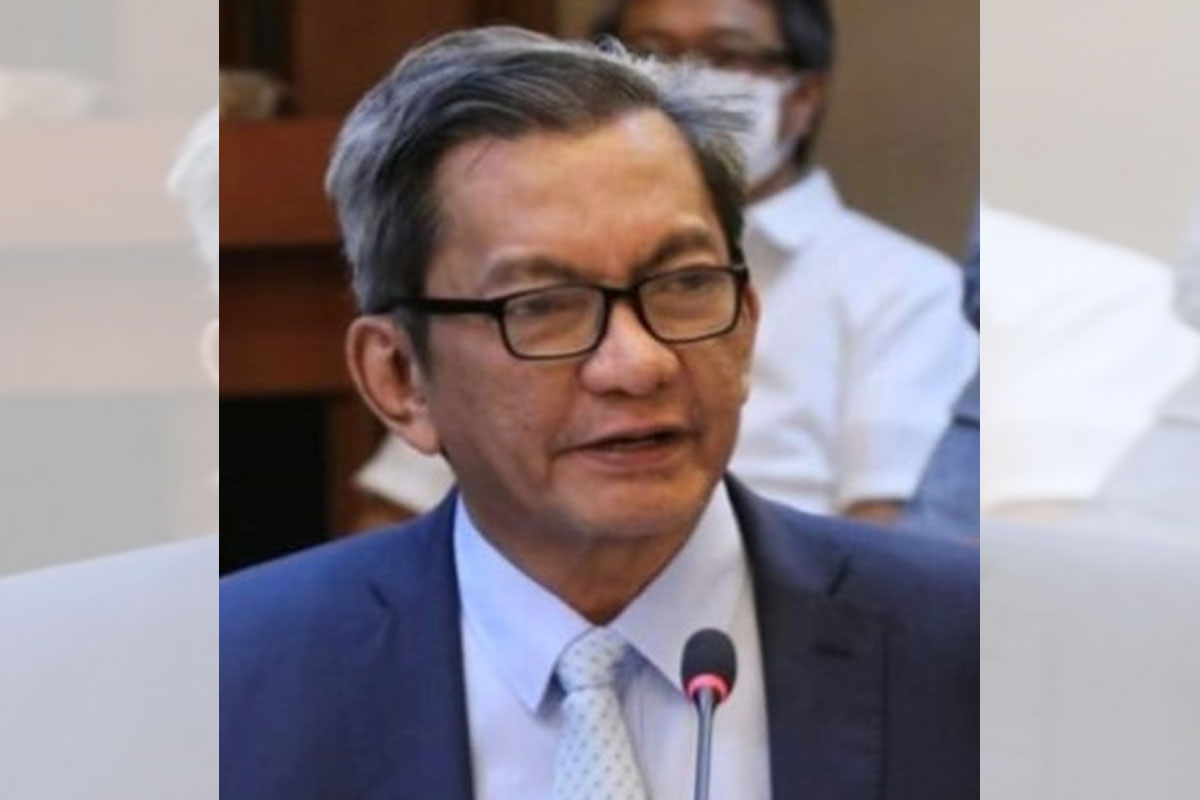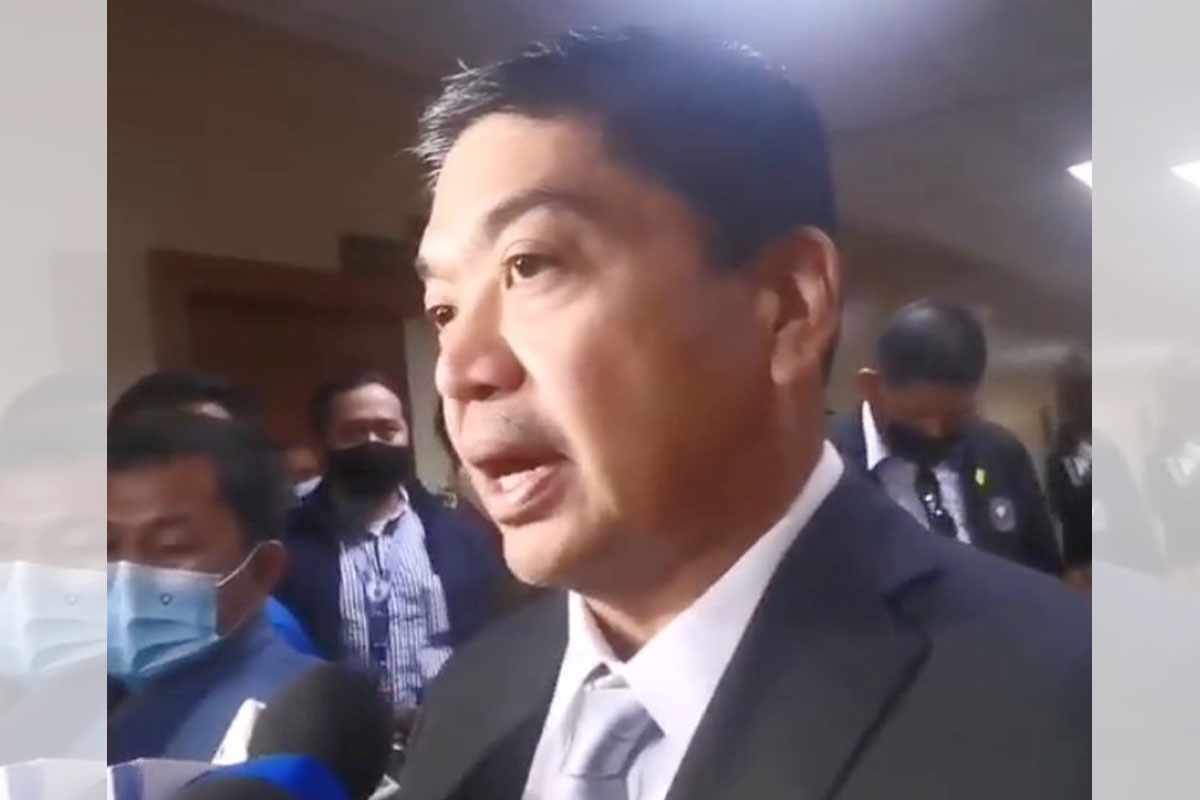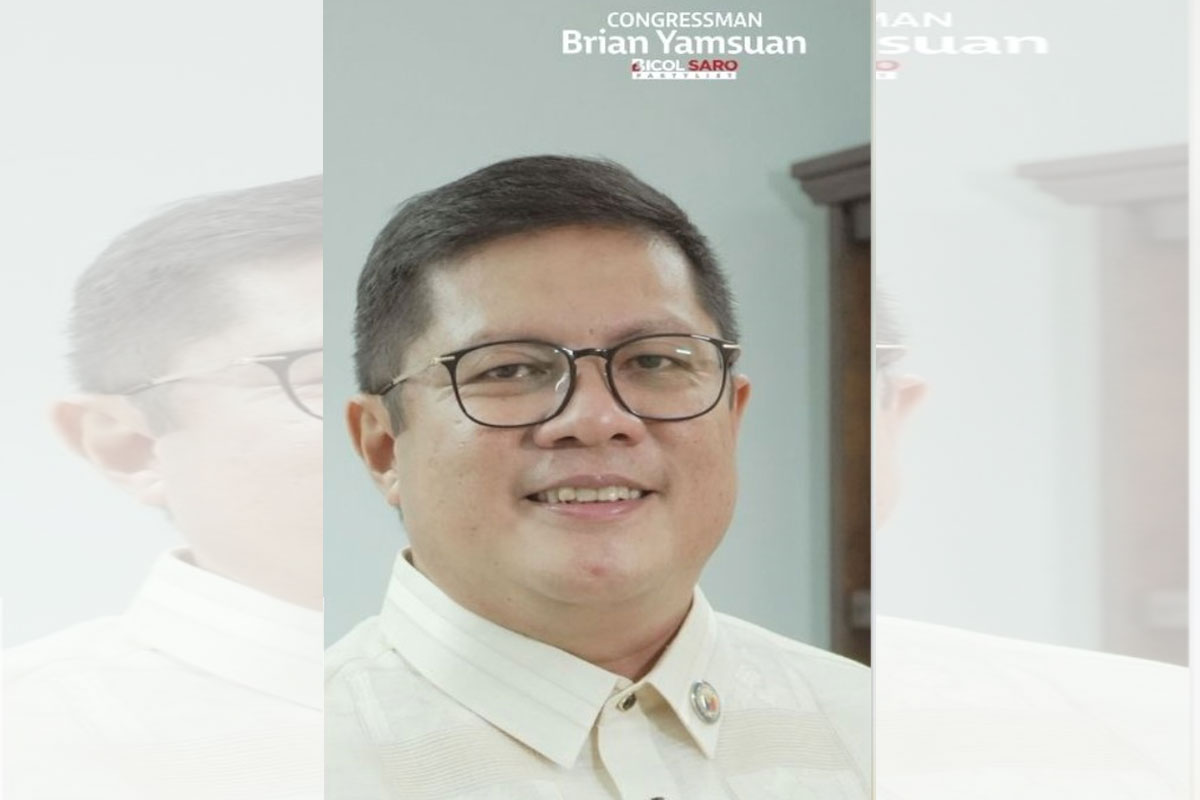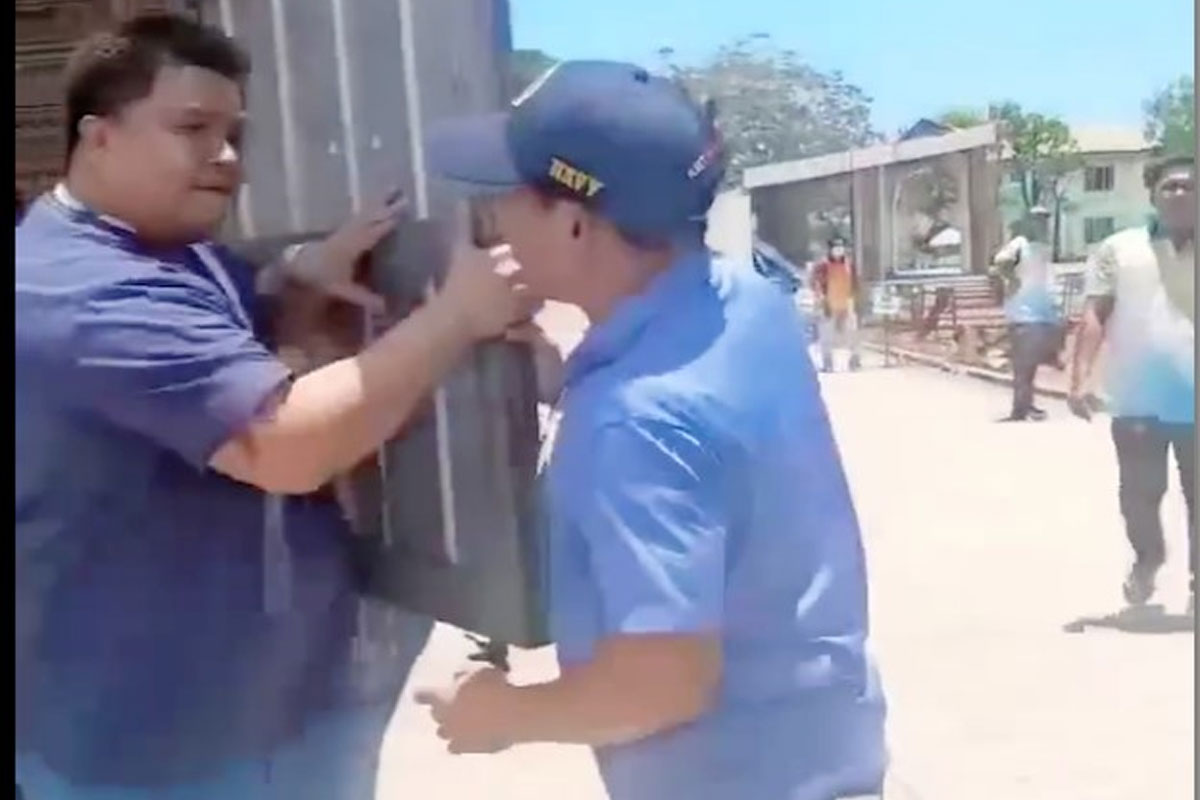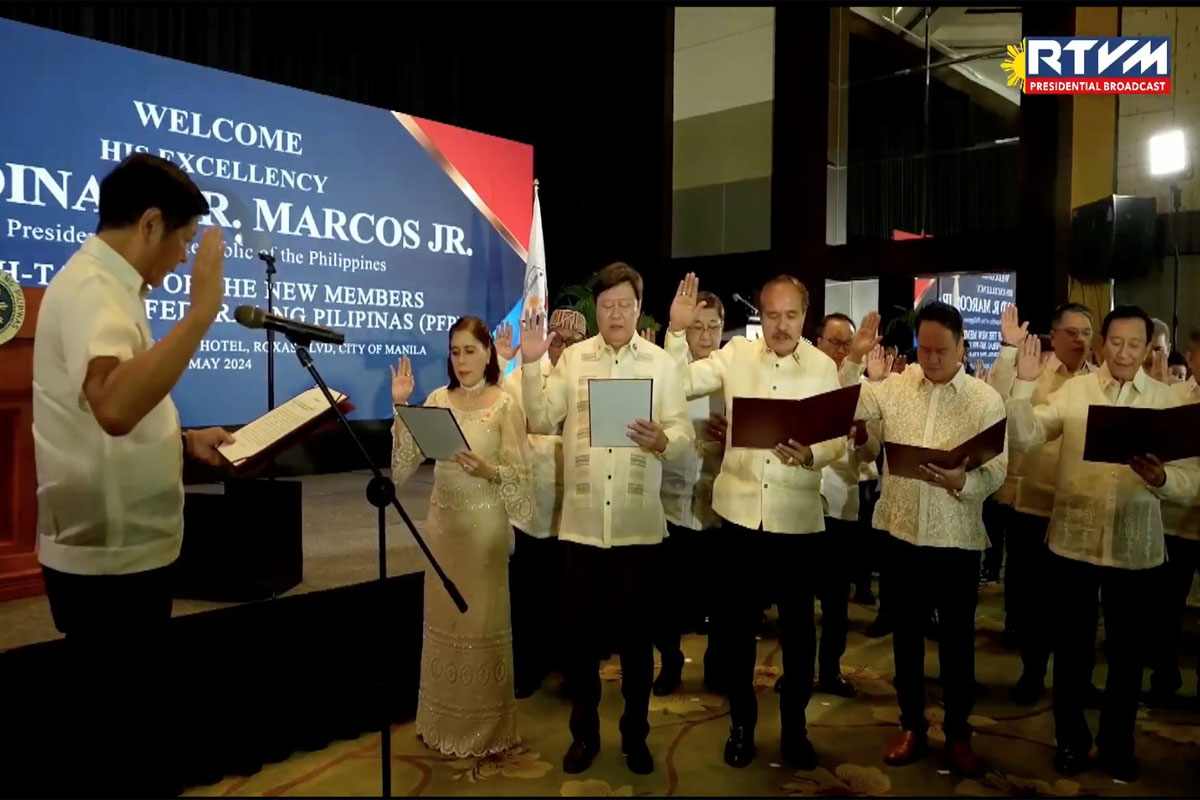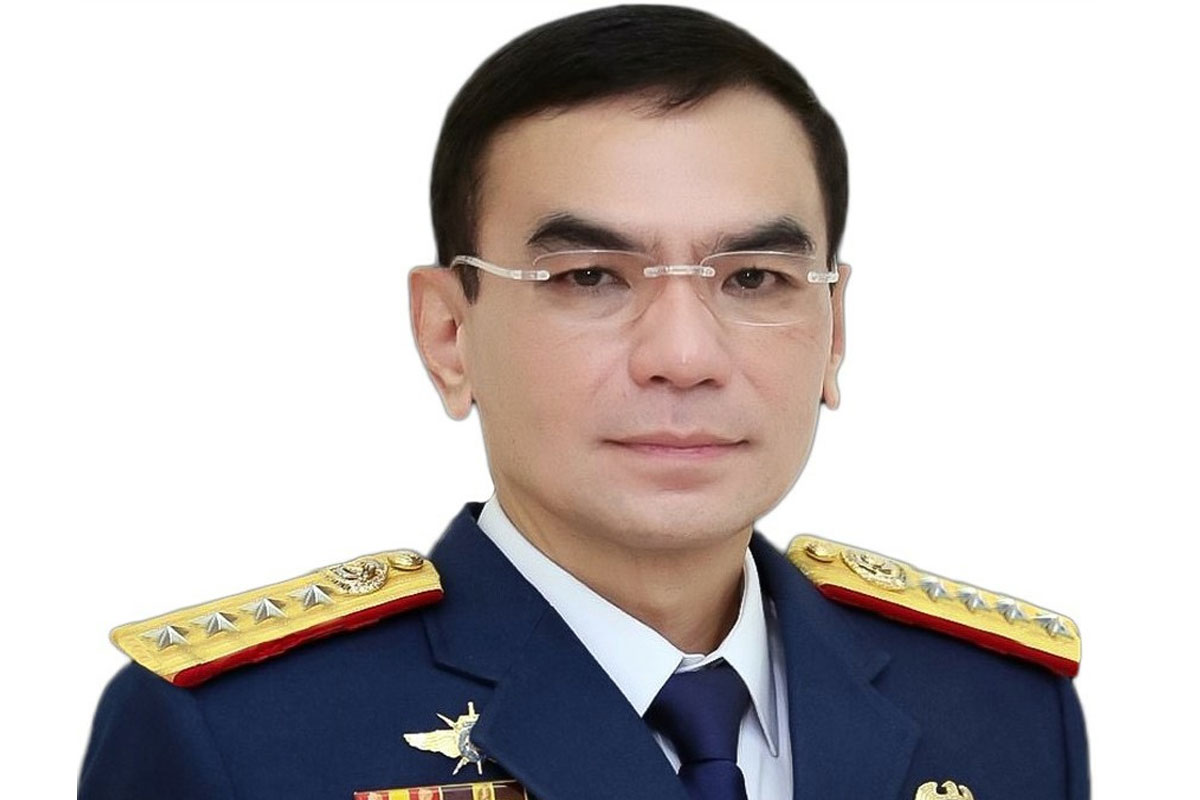 Ex-PNP chief-turned-senatorial candidate Guillermo Lorenzo T. Eleazar
Ex-PNP chief-turned-senatorial candidate Guillermo Lorenzo T. Eleazar
Who will be the next PNP Chief?
THIS coming November 13, President Duterte will be appointing his 7th chief of the Philippine National Police (PNP) with the retirement–unless he is given an extension which will always be a presidential prerogative– of the hardworking General Guillermo Lorenzo T. Eleazar who undoubtedly is set to leave an indelible ink as the 26th head of the police force since it was created in 1991.
The President is expected to make a tough decision since the candidates for the replacement of Gen. Eleazar, of the Philippine Military Academy ‘Hinirang’ Class of 1987, are all qualified and have proven their worth when it comes to serving the country with pride and honor.
The appointment will also be crucial since the next PNP chief will not only be leading the organization’s war on drugs, criminality, terror and corruption but will be appointed on a time that the entire country is preparing for the 2022 national and local elections, specifically in preparing for the hotly-contested presidency.
Many officials have agreed with the assertion of the Journal Group that next to the President, the Chief, PNP is considered to be the 2nd most powerful official in the country, having in his command the 222,000-strong police force which has presence in virtually all part of the country or from Aparri to Jolo.
Thus, the PNP chief must possess the competency and integrity to handle the job as he will be answerable to both the PNP’s internal and external audience. He should have the dogged determination to do the job, the needed track record and service reputation, a ton of contribution to the country’s peace and order campaign, and most importantly, the loyalty to the Constitution and the duly-constituted authorities.
The law says that the President, as the Commander-in-Chief shall appoint the PNP chief from among a list prepared by the Napolcom of ‘the most senior and qualified officers in the service” given that the prospect appointee has not yet retired or within six months from their compulsory retirement age.
The law also says that the “lowest rank of a qualified appointee shall be the rank of Police Brigadier General. As PNP chief and an Ex Officio member of the Napolcom, the Chief,PNP is given the power to command and direct the police force.
Since 1991 to date, the PNP already had 26 Chiefs, the 1st being the late Gen. Cesar ‘Hari-Hari’ Nazareno and the 26th is Gen. Eleazar. It should be interesting to note that all the PNP chiefs we have were products of the prestigious Philippine Military Academy.
Thus, President Duterte really has to make a good final decision with his presidency coming to an end, some eight months from now. This has something to do with service reputation, sterling service record, untarnished integrity and the most important of them all, loyalty to the President and the Republic.
If seniority were to be the basis of the presidential decision, the most logical successors to Gen. Eleazar would be members of his Command Group: his mistahs from PMA Class 1987, PNP Deputy Chief for Administration, Lieutenant Gen. Joselito M. Vera Cruz who will retire on March 8, 2022; PNP Deputy Chief for Operations, Lt. Gen. Israel Ephraim T. Dickson (retiring on March 27 next year); and PNP The Chief Directorial Staff, Lt. Gen. Dionardo B. Carlos, a member of PMA ‘Maringal’ Class of 1988 who will retire on May 8, 2022.
However, it should also be considered that the President’s trust and confidence will always play a major role in his decision, particularly now that the 2022 elections are forthcoming.
If that would be the case, then there will be the President’s most trusted and much younger police generals from Davao City, all members of PMA ‘Sambisig’ Class of 1991, National Capital Region Police Office director, Major Gen. Vicente D. Danao Jr., Police Regional Office 11 director, Brigadier Gen. Filmore B. Escobal and PRO12 director, Brig. Gen. Michael John F. Dubria.
And then, there are the members of PMA ‘Makatao’ Class of 1989-the upperclassmen of the three PMA Class 1991 members, who are known to have gained the attention of the former Davao City mayor due to their performance apart from the backings they are getting from members of his family of his most trusted aides and confidantes.
They are PNP Director for Operations, Maj. Gen. Rhodel O. Sermonia; PNP Criminal Investigation and Detection Group director, Maj. Gen. Albert Ignatius D. Ferro; and Police Regional Office 3 director, Brig. Gen. Valeriano T. de Leon.
Among the above-named candidates, currently in spotlight, the most controversial at present is Maj. Gen. Sermonia who has come under fire from former PNP chief-turned Senator Panfilo ‘Ping’ M. Lacson since last August for alleged ‘politicking.’
First was when Sermonia was criticized by Sen. Lacson last August for allegedly using a portion of the anti-insurgency budget to instruct the listing of names among barangay residents triggering suspicions that such funds are possibly being used for election purposes and 2nd, for allegedly organizing a Coalition of Lingkod Bayan Advocacy Support Group and Force Multipliers which could be used in politics when the role of the police should be limited to internal security only.
Sen. Lacson hurled the latest accusation in this week’s PNP budget hearing for 2022 although he admitted that Sermonia is a good officer and one who performs well in his assignments since his junior days.
The PNP leadership and even another former PNP chief, now Sen. Ronald ‘Bato’ M. de la Rosa defended those police-community relations programs to harness the support of the citizenry in the fight against criminality, terror and corruption and said they have nothing to do with politics. Sen. de la Rosa also said that the program organizing OFWs and their families started when he was appointed by President Duterte as his first PNP chief in 2016.
He said that at that time, many OFWs have called him and expressed their fear that the war on drugs might affect the safety of their families in the Philippines. De la Rosa said that he then ordered Sermonia, then the director of the Police-Community Relations Group to look into the concerns of the OFWs, thus the birth of a program called the Global Peace Community Relations which looks into the welfare of OFWs through the police attaches in countries where they are working.
(To be continued: Next: Who is Sermonia?)



